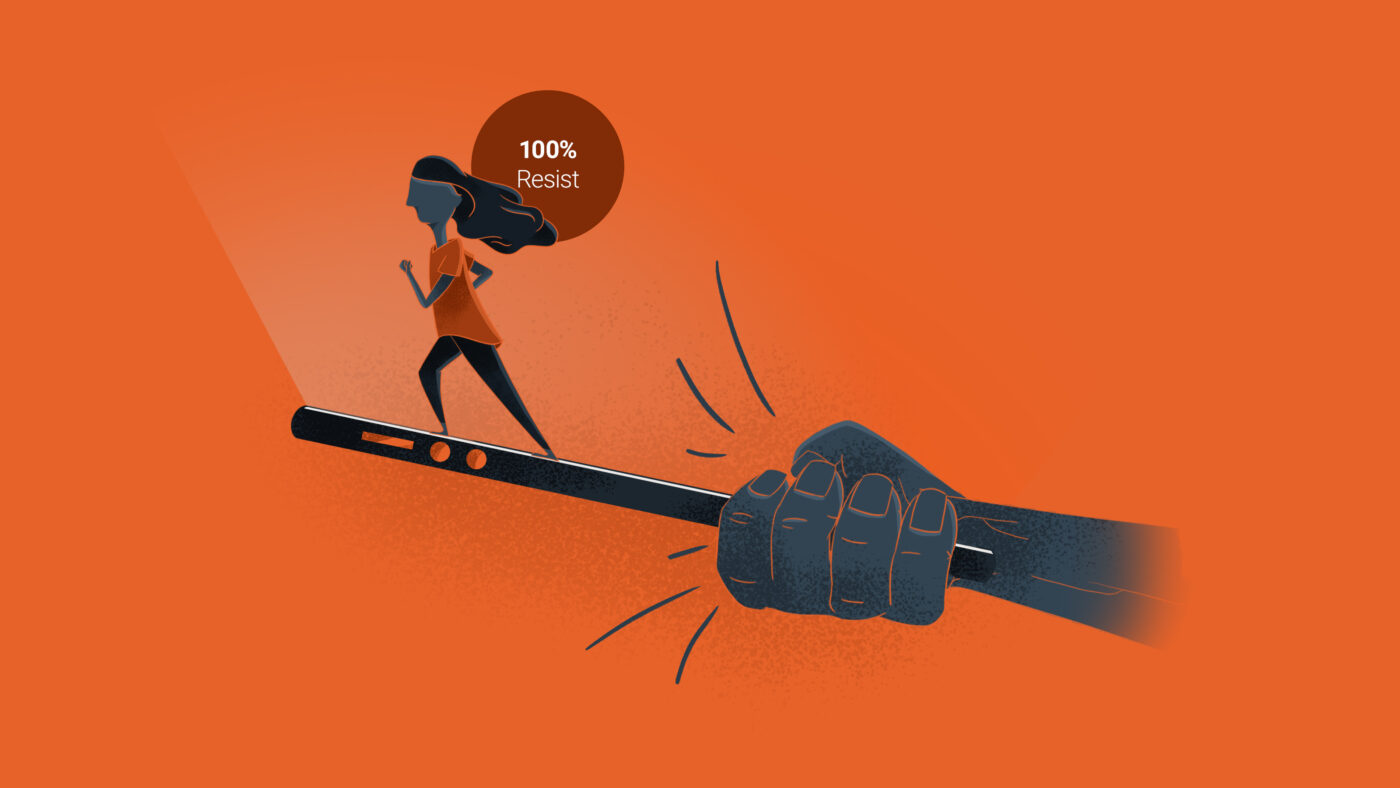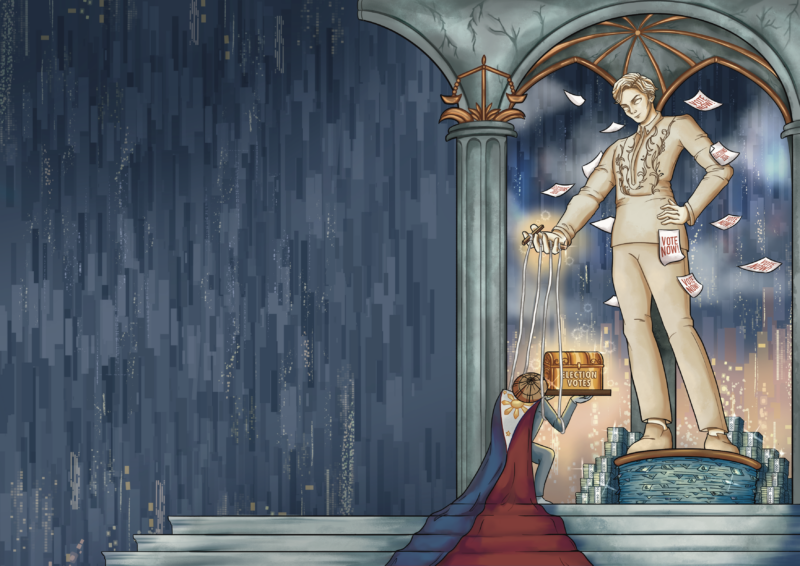Early into his bid for the presidency in 2016, Rodrigo Duterte proclaimed that he will execute his plans in full accordance with the rule of law. He asserted this upon his election, saying, “I know what is legal and what is not.”
Despite this claim, it was reported by the Commission on Human Rights that Duterte’s War on Drugs has reached a total of 12,000 deaths as of August 2017, including those allegedly killed by vigilante mobs.
These killings, encouraged by the president himself, show enough proof that there is an infringement on the right to due process. Yet Foreign Secretary Alan Peter Cayetano stated that it is illegal drugs that has “eroded the rule of law in the country,” and claimed that the government’s campaign against drugs is necessary to protect the human rights of all Filipinos.
Much of Duterte’s time in office thus far has not reflected an understanding of rule of law, but rather, a breach of it.
In January, the Securities and Exchange Commission (SEC) hit online news organization Rappler with a revocation of their license over alleged violations of ownership restrictions. Just recently, President Rodrigo Duterte banned Rappler reporter Pia Ranada from entering Malacanang and covering events in the complex.
All this occurred over his own claims that the publication was guilty of producing fake news ever since his second State of the Nation Address in 2017.
Duterte has been swift in calling out institutions and entities that allegedly violate the Constitution. Despite his adamant stance on unconstitutionality, the drug war, intimidation against the press, among others, showcase Duterte sidestepping the highest law of the land.
In fact, both Senator Leila de Lima and Deputy Ombudsman Arthur Carandang fell victim to institutionalized bullying after they began their own probes into the drug war and Duterte’s personal transactions, respectively. Aside from this, Duterte has also been trying to fast track the Charter Change in Congress and involving himself in the Sereno impeachment case.
Duterte, his allies included, undermines the constitutional function of other government officials who provide checks and balances. Whether intentionally or inadvertently, Duterte is concentrating executive power over other branches of government.
The 1987 Constitution was created in response to the Marcos dictatorship, enshrining the hopes and aspirations of the Filipino people that no person can ever consolidate power all to himself ever again.
If Duterte demands accountability from news organizations and beyond, as he has shown in the case of Rappler, then he himself should be held accountable for his many instances of turning the Constitution on its head.
The GUIDON was among the first publications that supported Rappler when SEC released the sanction. But if it is proven that they had violated the Constitution or the law, then by all means, they should face the appropriate sanctions and corrective measures.
We stand with the Constitution; question is, does Duterte stand with it, too?







